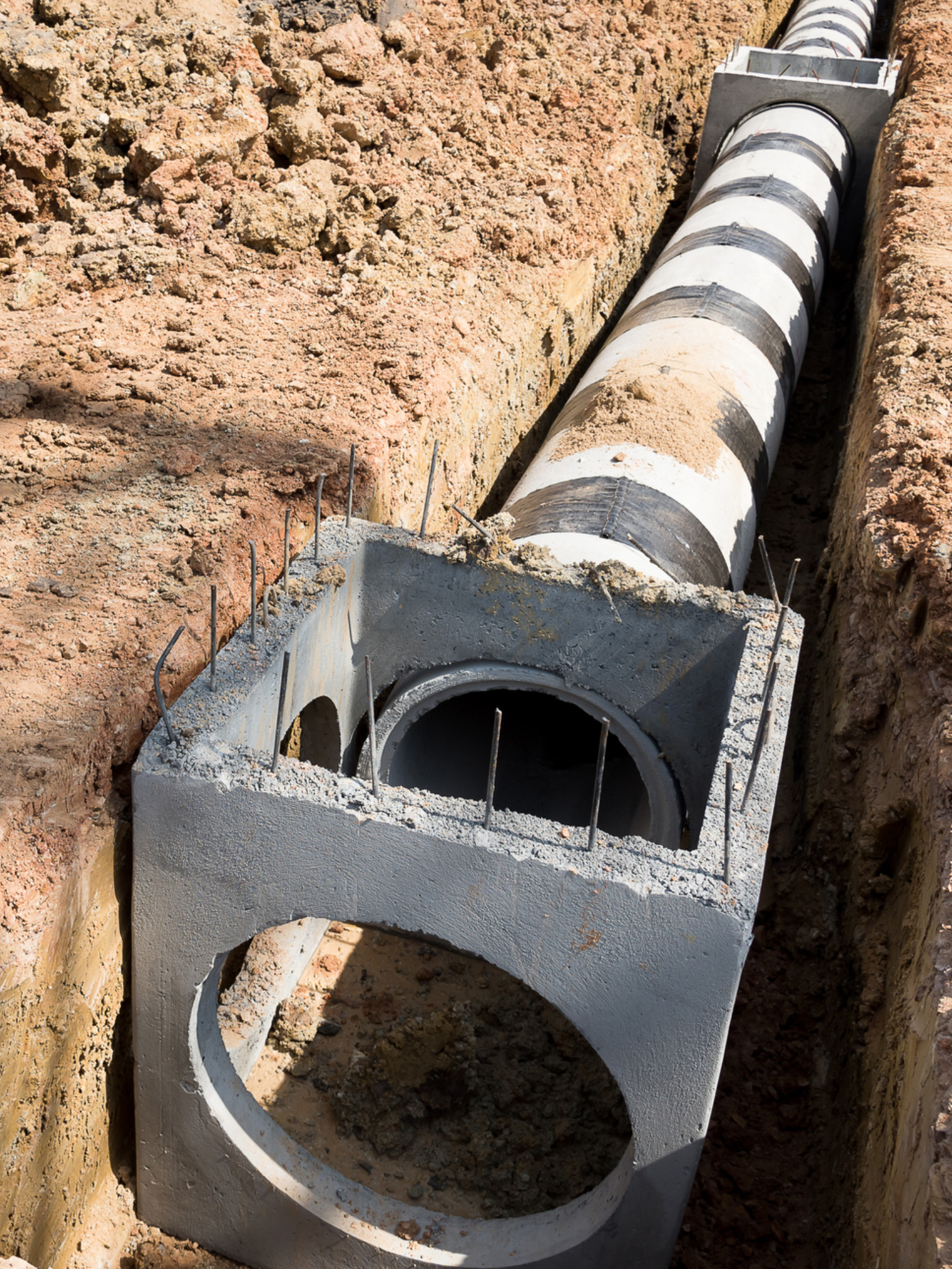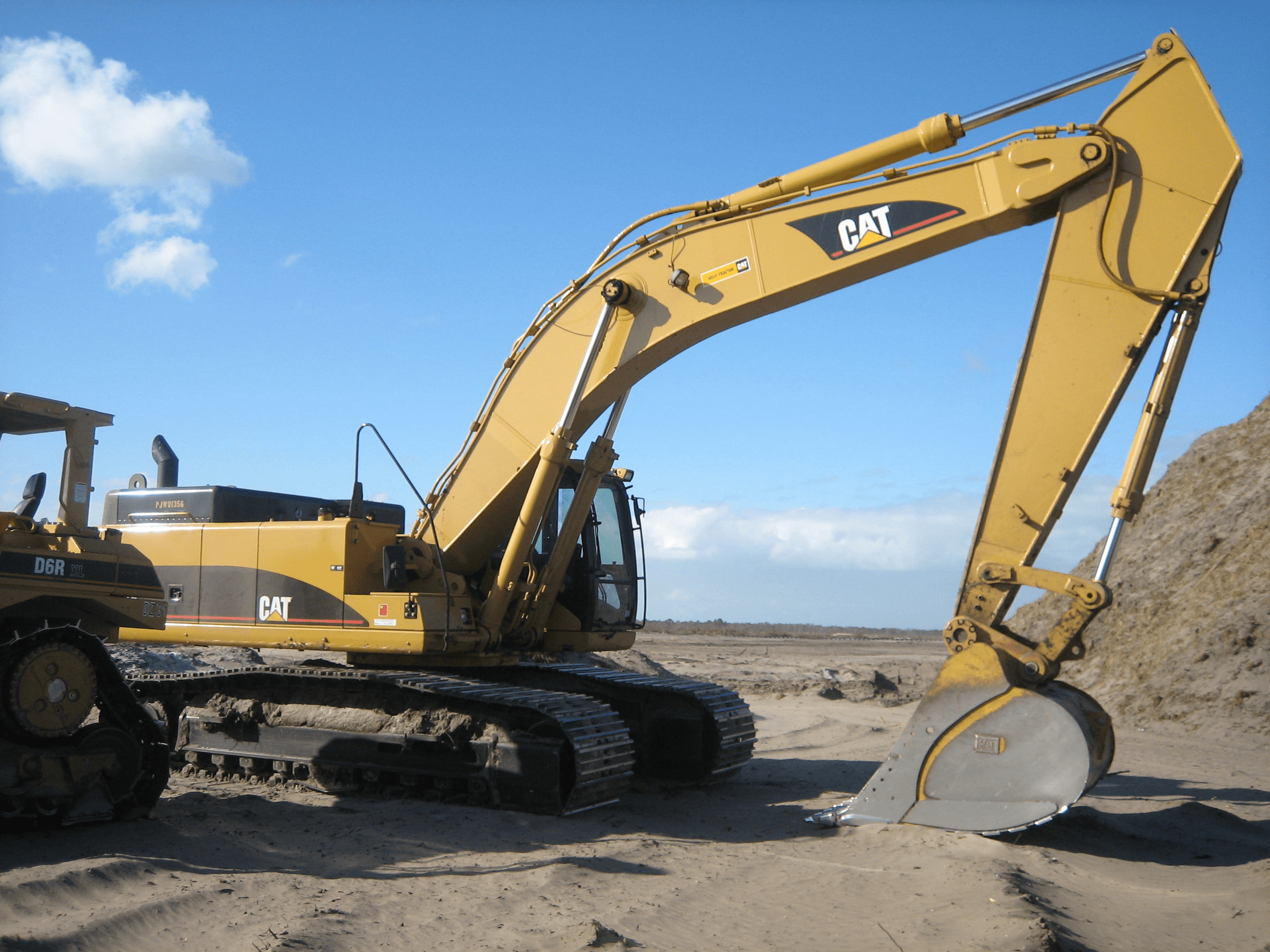Lancaster Excavation - Professional Excavation Solutions in Lancaster, OH
Lancaster Excavation - Professional Excavation Solutions in Lancaster, OH
Blog Article
Comprehensive Excavation Methods: Understanding the Basics for Success
In the world of building and civil design, the value of effective excavation methods can not be overemphasized. The careful preparation, specific execution, and precise interest to information required in excavation tasks demand a comprehensive technique that incorporates various essential facets. From initial soil evaluation to the implementation of security procedures and normal progression monitoring, mastering these core elements is necessary for attaining success in any kind of excavation endeavor. However, truth mastery lies not simply in understanding these fundamentals but in perfectly incorporating them to navigate the complexities of excavation jobs with skill.
Comprehending Excavation Job Planning

Successful excavation tasks are constructed on the foundation of thorough and extensive planning. The preliminary phase of any excavation task is the drawing board, where vital choices are made that can considerably influence the outcome of the task. During this phase, it is vital to collect all relevant info concerning the site, including topographical studies, soil structure, and any kind of potential dangers that may exist. Comprehending the project timeline, budget, and range constraints is crucial for producing a comprehensive excavation strategy that guarantees the job's success.
One key facet of excavation job planning is the development of a detailed timeline that outlines the series of target dates, activities, and landmarks. By very carefully considering all these elements during the planning phase, excavation projects can be carried out effectively and successfully, leading to successful end results - lancaster trenching.
Dirt Analysis and Site Examination
Conducting detailed dirt analysis and site examination is a vital action in the prep work phase of any type of excavation job. Dirt analysis involves figuring out the make-up, structure, and residential properties of the dirt at the excavation website. This information is essential for comprehending the dirt's bearing ability, dampness material, and capacity for erosion, which are crucial variables in establishing the excavation methods and equipment needed for the project.
Site evaluation surpasses soil analysis and encompasses a wider evaluation of the general site conditions. This assessment includes determining any type of prospective dangers, such as below ground energies, environmental issues, or unpredictable surface, that can affect the excavation process. By completely assessing the site, project managers can create reliable excavation approaches that focus on safety and security, performance, and environmental management.
Making use of advanced technologies like ground-penetrating radar, dirt tasting, and drone surveys can enhance the precision and performance of dirt evaluation and site assessment. Spending time and sources in these preliminary actions can eventually save time and protect against pricey delays or complications throughout the excavation process.
Equipment Option and Use
Efficient excavation tasks depend heavily on critical devices selection and application to guarantee optimal efficiency and productivity. Picking the best equipment for the task is important in maximizing effectiveness and minimizing downtime. Aspects such as the kind you can check here of dirt, depth of excavation, and task scope play a substantial function in determining one of the most suitable tools for the task available.

In check my site addition to choosing the appropriate equipment, proper utilization is essential to project success. Operators should be trained to deal with the equipment safely and efficiently - excavating ohio. Regular maintenance checks and prompt repairs help protect against breakdowns and make certain regular efficiency throughout the job
Precaution and Laws Compliance
In the realm of excavation tasks, focusing on security steps and compliance with guidelines is critical to guaranteeing a lawfully sound and safe and secure functional atmosphere. Safety actions incorporate a series of methods, including performing detailed site assessments, applying appropriate signage and obstacles, and supplying sufficient safety training for all employees included in the excavation process. Adherence to laws, such as OSHA needs in the USA, makes sure that the excavation job meets the necessary criteria to secure workers, spectators, and the surrounding atmosphere.

Tracking Development and Adjusting Techniques
How can project supervisors successfully track the improvement of excavation jobs and adapt their techniques accordingly to maximize end results? Tracking progress is essential for making certain that excavation projects remain on track and satisfy deadlines. Task managers can utilize different tools and strategies to track development, such as daily progression reports, normal site examinations, and progressed monitoring modern technologies like drones and GPS tracking systems. By constantly keeping an eye on the task's advancement, supervisors can identify any kind of potential hold-ups or issues early and take proactive procedures to address them.

Verdict
To conclude, understanding the basics of extensive excavation strategies is essential for the success of any kind over at this website of job. By comprehending project preparation, examining soil and website conditions, selecting suitable tools, abiding by safety guidelines, and keeping an eye on progression, task supervisors can make certain a reliable and smooth excavation procedure. Applying these strategies will lead to effective end results and decrease possible threats or problems throughout the excavation project.
The preliminary stage of any excavation task is the planning phase, where vital choices are made that can significantly affect the end result of the project. Comprehending the job timeline, budget plan, and scope restrictions is essential for developing a comprehensive excavation plan that makes sure the job's success.
How can forecast managers successfully track the advancement of excavation projects and adapt their methods as necessary to maximize end results? By closely keeping track of development and being willing to adapt techniques, job supervisors can boost the total success of excavation tasks.
By understanding project planning, analyzing soil and site problems, picking appropriate equipment, complying with safety policies, and keeping an eye on progression, job supervisors can ensure a effective and smooth excavation procedure.
Report this page